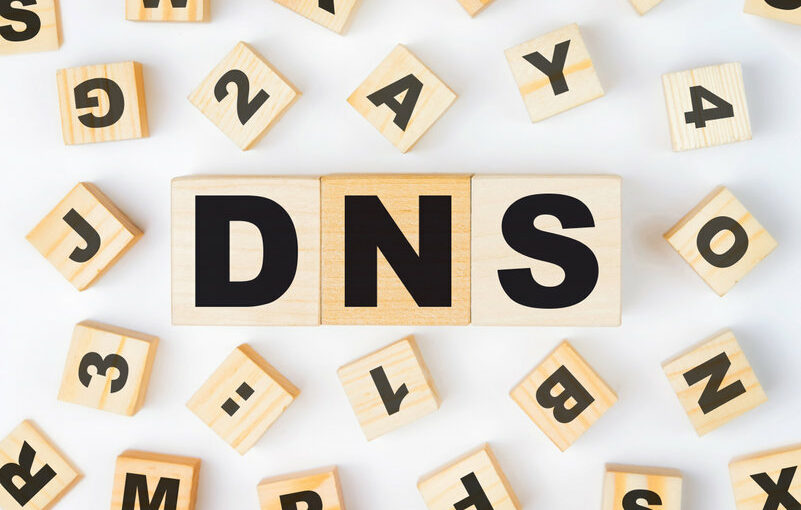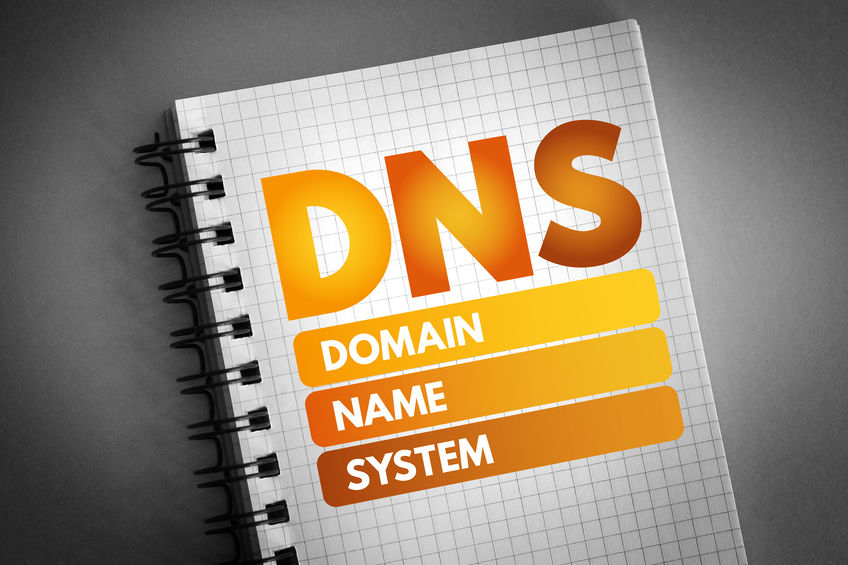Motoring services – is it something we should care about? The answer is yes. Why? Because if you have an online business and something goes wrong, this feature will alert it. This can prevent your site from being knocked down and losing you a lot of money and potential customers. So, let’s see what the main purpose of the Monitoring service is and where you can find it.
Monitoring service – What does it mean?
The Monitoring service is a great tool. It allows you to receive extensive information on the state of your servers, which you use for various services like web, email, DNS, and others.







